If I’m going to put a positive spin on this week’s episode of Piano no Mori – and I may as well, as it was pretty good – it would be this. For something this predictable, at least it was executed well. Of course one can’t totally dismiss the first part of that sentence, which is a bit of a double whammy for me. Not only did I predict exactly where this story was headed, but it was headed in a direction I didn’t especially want it to go.
We’ll get to that soon enough, but in the meantime there were a couple of developments on other fronts. I was glad the series addressed the matter of Lech’s uncharacteristic behavior last week, because it was indeed out of character. It was more or less as expected, a childish fit of pique, but at least he had the decency to feel guilty about it later. There’s also the matter of Pang Wei, which actually took up a fairly sizeable chunk of the episode. I’ve never bought into his character much, to be honest, but this was interesting in that it peeled back another layer on the sausage casing of the Chopin Competition.
I have no doubt that playing on the last day could be an advantage with the judges. Perhaps just as importantly I could see a fragile artist in a highly agitated state imagine that it was, even if not, which could make it just as much a positive. I likewise have no doubt that some pianists, over the years, have lied in order to be moved – faked an illness or injury or such. But Pang’s got a built-in excuse, even if he doesn’t want to use it – his father’s injuries (and I’m still not sure how that happened, to be honest). As unpleasant as Pang is it’s almost possible to feel sorry for him here, and the BS he has to deal with is not dissimilar to what a lot of real-life Chinese musicians and athletes have gone through.
But the main event here is Shuuhei and Kai, and that goes depressingly according to plan. It was inevitable that this was Shuuhei’s fate – to resign himself to being Kai’s Sancho Panza, to help him win the competition he’s not good enough to win himself. I certainly take no issue with his apologizing, because he should have, but his character just deserves better than this. But the narrative handwriting has been on the wall since literally the first chapters of the series, and the only surprise to me was that Shuuhei’s run as an important character in his own right came to an end sooner than I expected.
The focus of the competition itself turns to Chopin’s two concertos, forcing the finalists to prove what they can do when playing with an orchestra. As beloved as Chopin is his concertos (almost all of his catalog was written for solo piano) are generally considered to be among his lesser work – he’s not regarded as especially innovative master of orchestration. There is indeed a divide in the classical world between those who prefer his flashier E minor#1 and those (like me) the more subdued F minor #2. I don’t know the history with the competition, but that most finalists would choose the #1 (here it’s 75%) is easy enough to believe.
Kai is one of that 75% (Pang is one of the three who went with the F minor), and he’s still reeling from being told by Shuuhei that he was hated. Not only that, the deal is that Ajino is going to hand Kai off to an elite coach, so Kai is looking at some major upheaval in his life. Like I said, all this played out exactly as telegraphed but at least it sort of worked dramatically, with Kai really showing off his emotional vulnerability. Shuuhei eventually winding up helping Kai prepare by playing the orchestral part of the concerto was a nice touch, but to me it still rang pretty hollow – expected or not, a part of me really hates to see Shuuhei reduced to this.




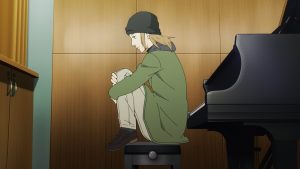
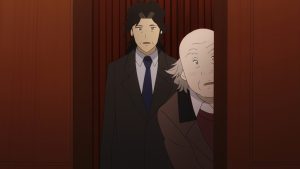
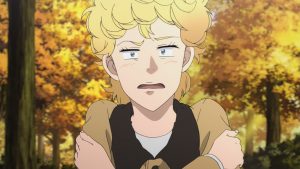

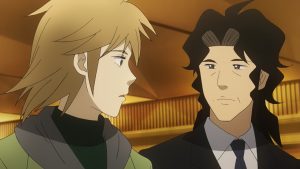


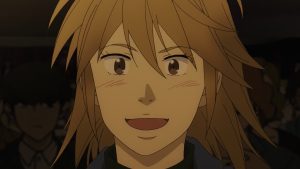
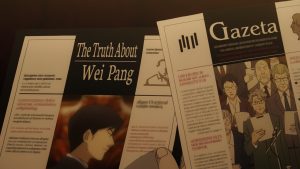
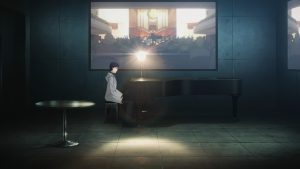



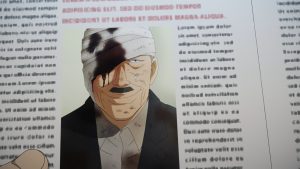
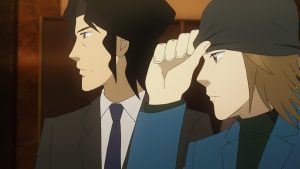
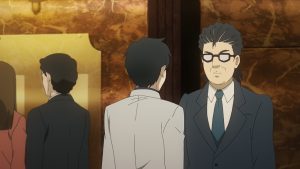
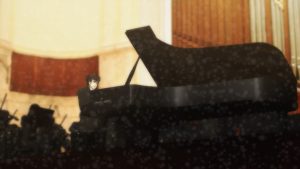


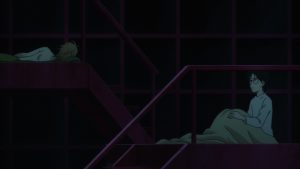
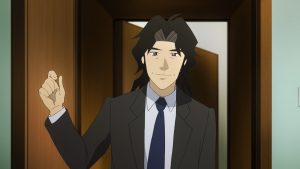

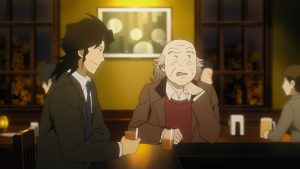
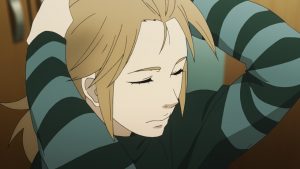

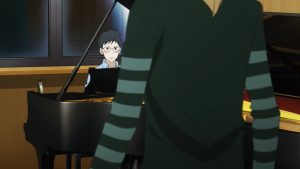
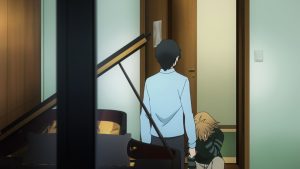
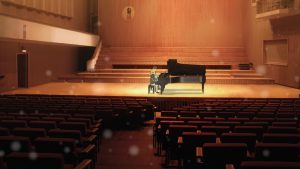
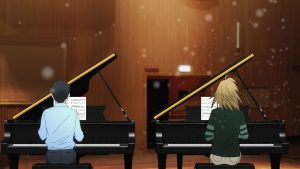
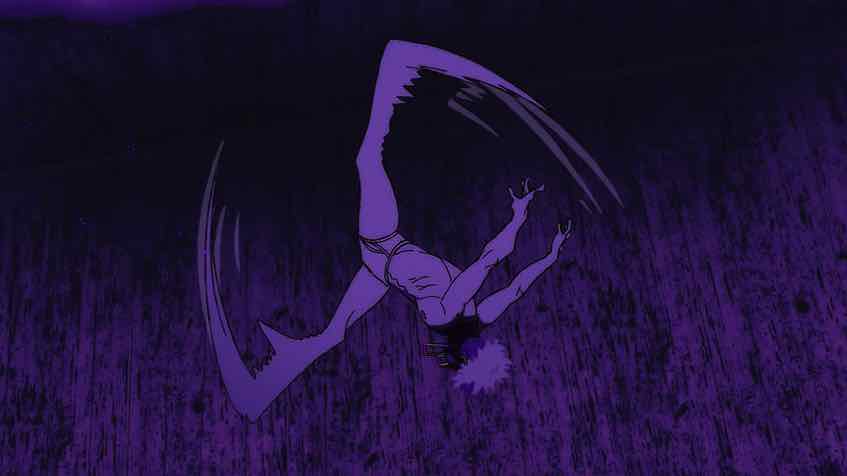
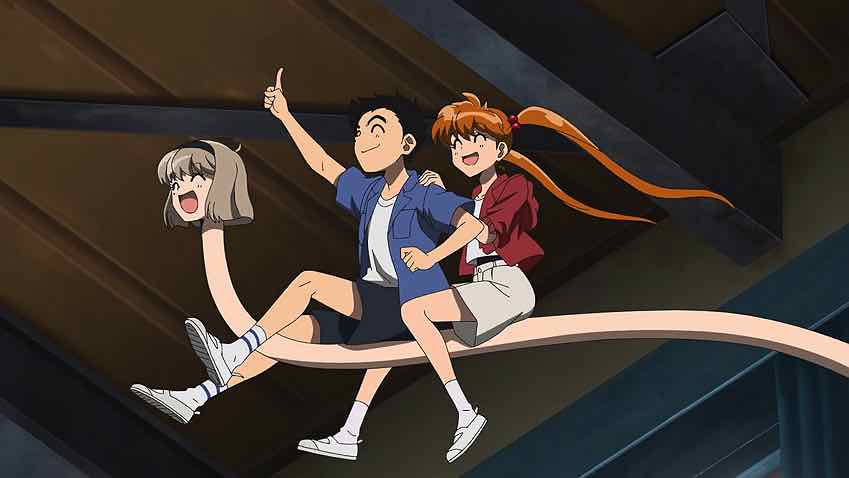
leongsh
March 19, 2019 at 8:54 pmA bit meh about how this developed for Shuuhei too.
Another meh is that the final test comes down to Chopin’s two paino concertos. Can’t be helped as it is the Chopin Competition. Not keen on either piano concerto. My naive novice preference is for the piano concertos of Beethoven, Mozart, and Romantics like Tchaikovsky and Rachmaninoff.